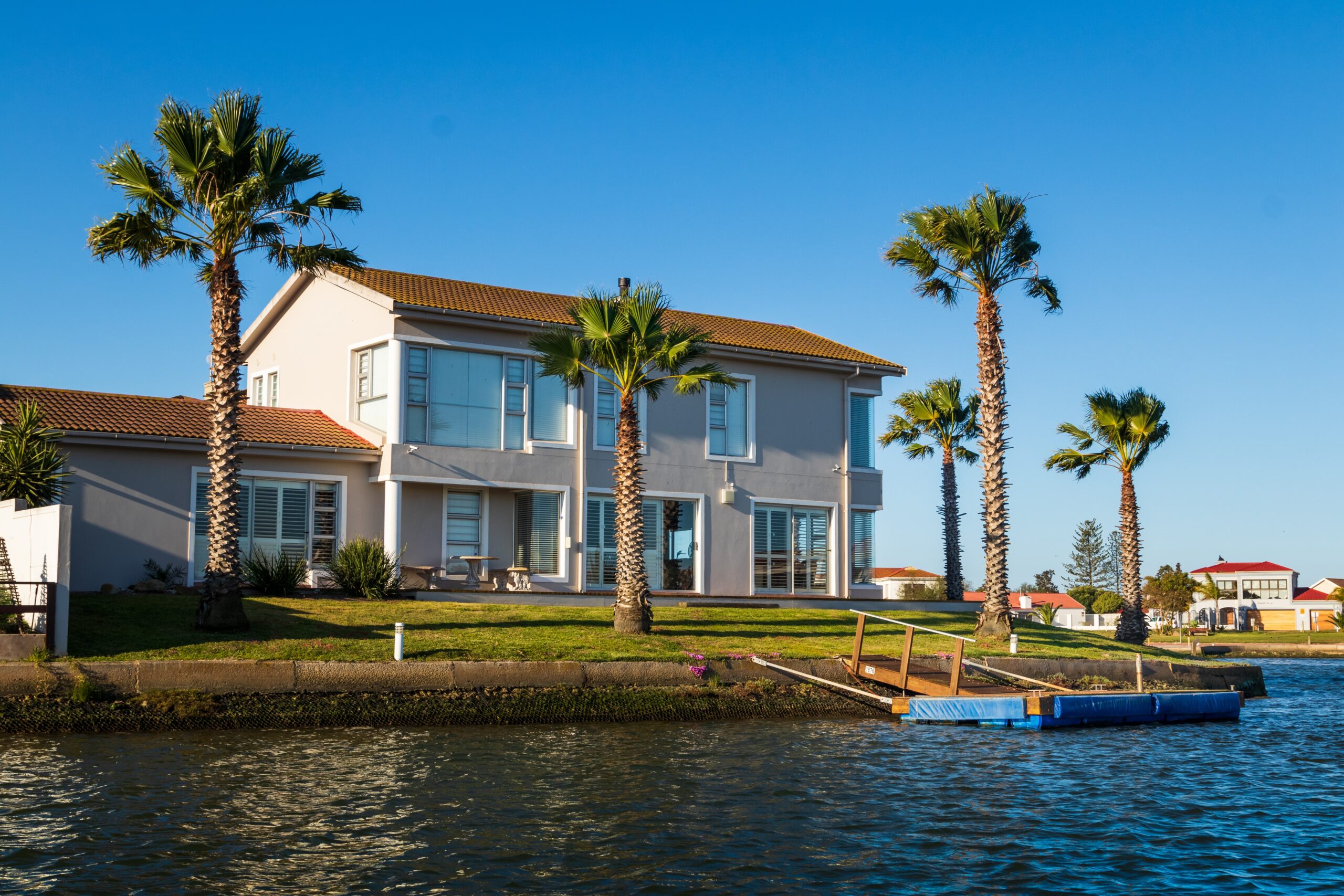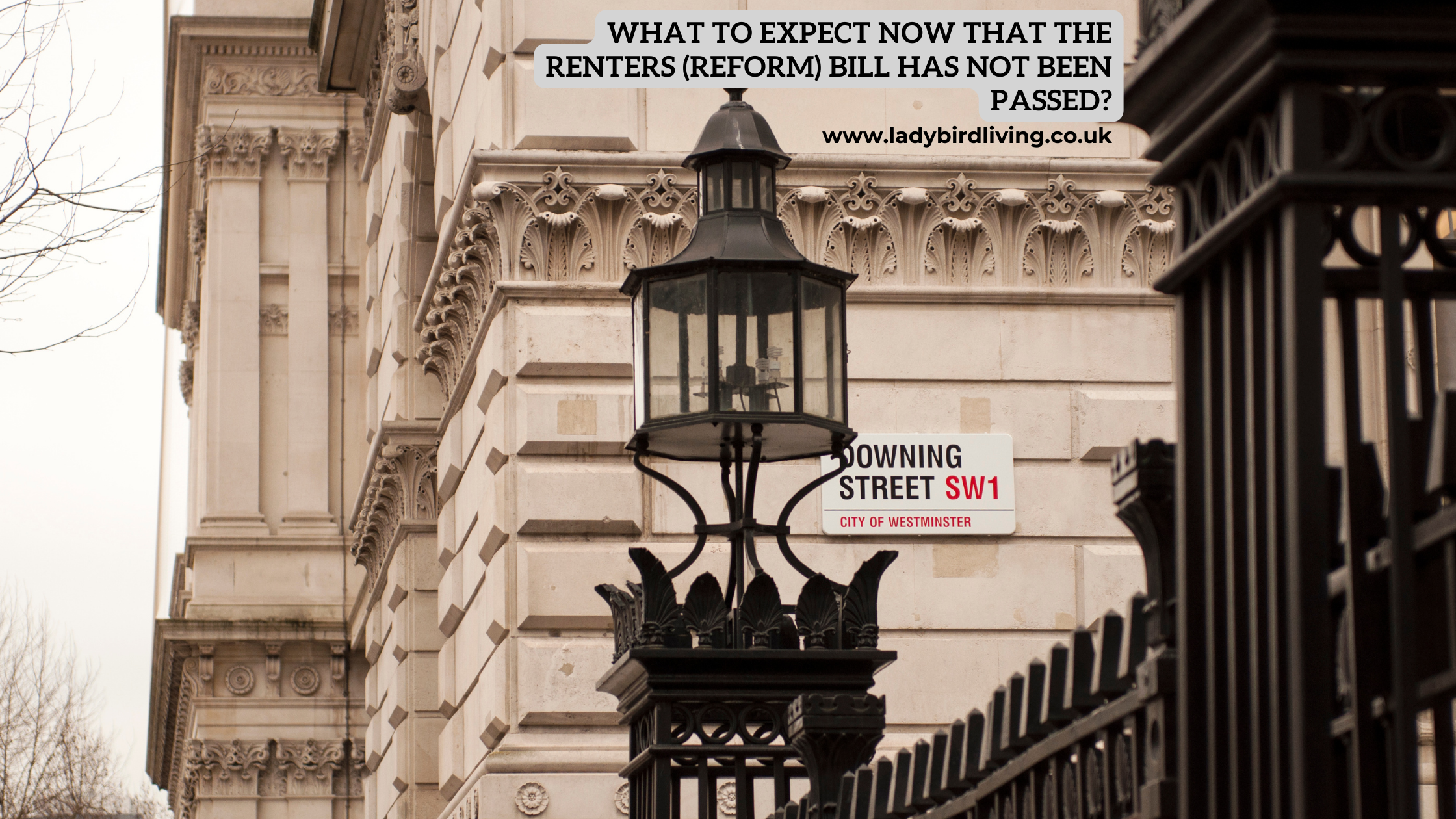
Holiday let: pros and cons of a holiday let investment
An increasing number of under-35s in the UK are considering a holiday let investment. A holiday let investment is particularly appealing as investors can take advantage of the tourism opportunities available in the UK. While it can be highly profitable, there are some drawbacks to consider before beginning a holiday let investment. This blog will outline the pros and cons of holiday let investments.
Pros of a holiday let investment:
1. High yields:
Tourists are keen to pay more on apartments in popular areas such as the Lake District and other popular tourist places. However, depending on the time of year, investors may find it difficult to make bookings. It is also important to communicate with a professional, such as an accountant or solicitor, to be aware of any potential tax liabilities that you may face with the purchase of more homes.
2. Tax benefits:
Furthermore, there are many tax benefits of having a holiday let business because Her Majesty’s Revenue & Customs (HMRC) classifies a holiday let as a business as opposed to an investment. You can also qualify the property as a Furnished Holiday Letting (FHL) which will give you further benefits such as claiming Capital Gains Tax reliefs for traders (Business Asset Rollover Relief, Entrepreneurs’ Relief, relief for gifts of business assets and relief for loans to traders). You will also be entitled to plant and machinery capital allowances for items including furniture, equipment, and fixtures. You can find more information about Furnished Holiday Letting (FHL) and the benefits listed on the GOV website here: Furnished holiday lettings (Self Assessment helpsheet HS253) – GOV.UK (www.gov.uk)
3. Holiday home:
In addition to renting out your property to those on vacation, you can also use your holiday let investment for your family and friends at an ideal time and location which can also help you save time and money in the long-term. You can also keep your holiday belongings, including sports equipment, at the property and allow your potential tenants to use them. This will not only benefit tenants, but you can also save space in your own personal home and saves you time as you would not have to keep packing all your belongings every time you decide to go on holiday.
Cons of a holiday let investment:
1. Cost:
Holiday lets are more expensive than traditional buy-to-lets because they tend to be in famous areas or next to popular tourist attractions such as the Lake District. Moreover, investors will have to pay for cleaning services to ensure that the property is well-maintained for potential tenants. Not only this, but investors must be prepared to pay for any additional costs related to any potential damages and repairs when opening their home to visitors.
2. Mortgage:
It may be difficult to get a mortgage as you will be expected to meet specific criteria before a lender can approve a mortgage. For instance, you will have to provide evidence that you will be able to make mortgage repayments on your second property. Lenders may also refuse to provide you with a mortgage if the location of your property is deemed unsuitable. There have been incidents of flooding in appealing places such as Lake District and for this reason, lenders may be hesitant to offer a mortgage.
3. Insurance:
It is essential that the investor obtains insurance to cover any losses or accidental damage within the property. Insurance would be even more costly in areas of high environmental risk. However, there are some insurance companies which offer good deals that can help you save money, therefore it is important that you do your research.
4. No guarantee of bookings:
If you are managing a holiday let investment yourself, it may be difficult to find potential tenants especially at the beginning. You must be prepared to spend enough time marketing your vacation rental and consider paying for advertising.
Conclusion:
The holiday rental market is booming – while a holiday let investment can be lucrative, it does not come without its drawbacks. Like any investment, it is important to conduct your research thoroughly, outweigh the benefits from the risks and seek professional advice.
Watch our short-term lets video here: Short-term Lets: the pros and cons – YouTube
T +44 (0)203 488 1488
E: info@ladybirdliving.co.uk
W: https://www.ladybirdliving.co.uk/
Recent Posts






